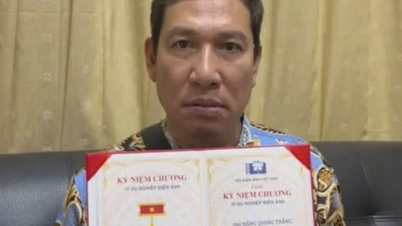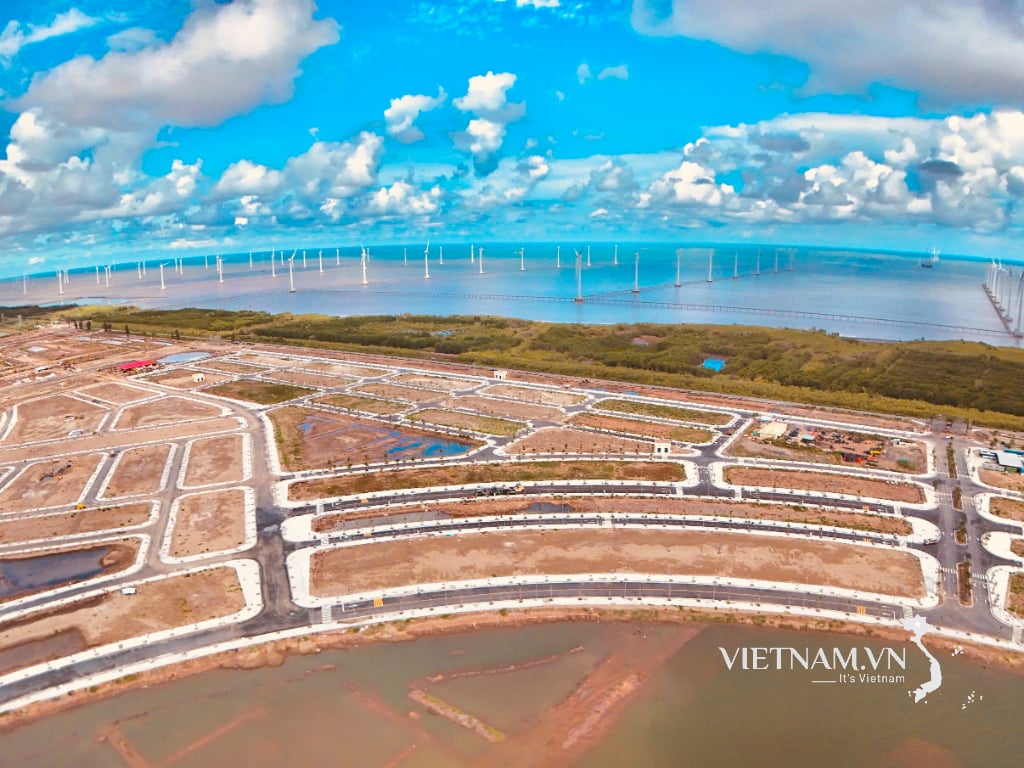SGGP
When the National Assembly discussed the draft Law on Credit Institutions (draft) on the afternoon of June 10, the attractiveness of FDI from the credit perspective was a content that delegates were interested in.
 |
| Semiconductor component production at MTEX Company (Japan) - (illustrative photo). Photo: CAO THANG |
With the general decline in global investment activities, coupled with the global minimum tax policy about to take effect, attracting foreign direct investment (FDI) is not an easy task. Therefore, when the National Assembly discussed the draft Law on Credit Institutions (draft) on the afternoon of June 10, the attractiveness of FDI from the credit perspective was a matter of concern for delegates.
Compared to the current law, the draft law has adjusted the total outstanding credit balance for a customer from not exceeding 15% to 10% of the commercial bank's equity. In the context of the stock market and corporate bond market not really being a stable capital mobilization channel, capital from the banking system still plays a very important role, especially when businesses are in dire need of capital to recover and develop after the Covid-19 pandemic.
According to foreign business associations in Vietnam, if the draft regulation is applied, many FDI enterprises that are borrowing in Vietnam at a level close to the maximum limit of 15% under current law will have to seek new sources of capital; they may have to mobilize from abroad at much higher costs, thus making Vietnam less attractive to them.
It should be added that countries such as Thailand, Indonesia, and Malaysia - economies that compete fiercely with Vietnam - all have higher credit limits than the draft. Not to mention that some developed countries, such as the US, are also attracting international investment flows back to their home countries with many bold policies.
Source




















































































![[OCOP REVIEW] Tu Duyen Syrup - The essence of herbs from the mountains and forests of Nhu Thanh](https://vphoto.vietnam.vn/thumb/402x226/vietnam/resource/IMAGE/2025/6/5/58ca32fce4ec44039e444fbfae7e75ec)















Comment (0)